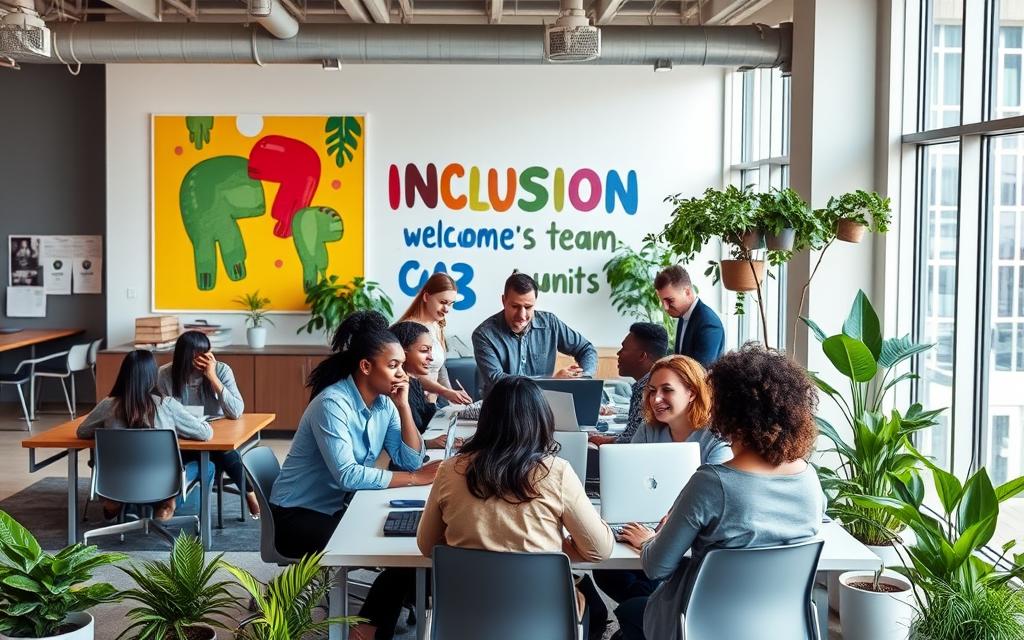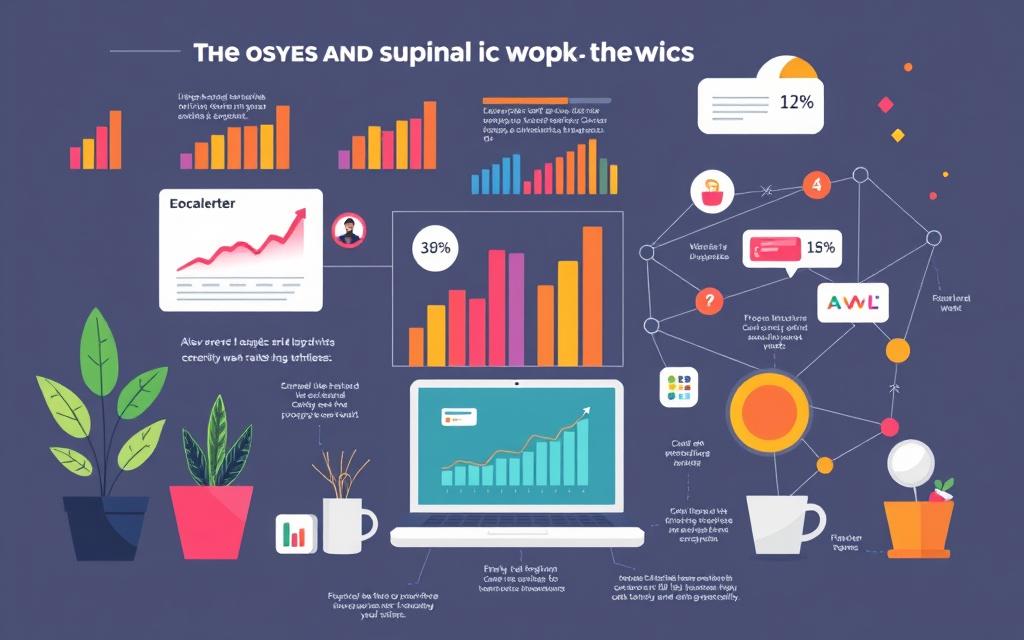In today’s fiercely competitive job market, career development plays a critical role in employee retention. With movements like the Great Resignation and Quiet Quitting rising in prominence, many companies are recognizing the urgency of offering meaningful career development opportunities. A significant 63% of those who left their jobs in 2021 attributed their decision to a lack of advancement opportunities. As such, organizations that prioritize career development and retention not only foster employee loyalty, but also enhance overall employee engagement.
The latest report from LinkedIn highlights that 94% of employees would remain with a company that invests in their career growth. This statistic underscores the necessity for businesses to cultivate environments that promote learning and growth. With 67% of individual contributors expressing a desire to advance, it’s clear that providing a pathway for career progression can significantly reduce turnover. By integrating development opportunities into your organizational culture, you can address the root causes of employee dissatisfaction and enhance job satisfaction for everyone involved.
Understanding the Importance of Career Development
Career development plays a critical role in aligning with the evolving expectations of today’s workforce. Employees, particularly younger generations, are increasingly prioritizing opportunities for learning and career growth. According to LinkedIn’s 2023 Workplace Learning Report, options for development rank among the top five reasons employees seek new job opportunities. Organizations that fail to meet these expectations risk losing talented individuals.
Changing Employee Expectations
Today’s employees no longer view job security as the sole measure of a successful career. They desire dynamic work environments where employee training is a priority. McKinsey’s research indicates that a lack of career development is a leading reason for employee turnover. Clarifying career paths and providing detailed job descriptions can help align organizational goals with individual aspirations, ensuring that employees feel valued and engaged.
Impact on Job Satisfaction
Job satisfaction significantly improves when employees feel their organizations invest in their career growth. A study reveals that 58% of employees believe professional development opportunities positively influence their job satisfaction. Moreover, employees who have access to learning and development experiences are less likely to feel stuck in their careers. As a result, both job satisfaction and engagement grow stronger within organizations that embrace continuous learning.
Benefits for Employers
Companies that prioritize employee training and development reap substantial rewards. Those offering over 70 hours of training per year often see enhanced retention solutions, particularly during economic downturns. Internal mobility proves beneficial as well; employees who make internal moves have a 75% likelihood of staying with the company for at least two years. Investing in your workforce not only saves costs related to recruitment but also fosters a loyal and motivated team.
How Career Growth Influences Employee Retention
Investing in career growth significantly impacts employee retention. When employees perceive solid opportunities for advancement and internal mobility, they are more inclined to remain with their company. Recent studies have highlighted that 47% of human resources professionals view employee retention as a critical challenge. It’s essential to create pathways that allow individuals to explore various career paths within the organization.
Opportunities for Advancement
Providing clear career advancement options encourages employees to feel valued. Companies that prioritize internal mobility can effectively reduce turnover. Nearly three-fourths of employee turnover can be mitigated through targeted development opportunities. Organizations that foster professional development typically enjoy higher retention rates, with statistical evidence showing a remarkable 34% increase in employee loyalty.
Promoting a Positive Work Environment
Cultivating a positive work atmosphere enhances employee satisfaction. When organizations foster collaboration and transparency regarding career paths, employees thrive both personally and professionally. Research indicates that access to learning opportunities leads to greater employee engagement, making them more likely to commit to their roles long-term. Programs like Google’s “Googler-to-Googler” initiative demonstrate how supportive cultures nurture retention by providing community and growth opportunities.
Career Development and Retention
Integrating development opportunities into your company culture serves as a fundamental strategy to enhance employee retention. Organizations that prioritize career pathing empower individuals to shape their professional journeys. This not only fosters a strong sense of belonging but also aligns personal aspirations with organizational goals. When employees see their growth potential within the company, they are more likely to commit to their roles.
Integrating Development Opportunities into Company Culture
Fostering a culture where development opportunities thrive is crucial for any organization. When you ensure transparency around training programs, employees can better envision their career pathing. A proactive approach in professional development leads to a motivated workforce. According to research, employees who feel supported in their growth are less likely to seek opportunities elsewhere.
Fostering Internal Mobility
Creating options for internal mobility enhances job satisfaction and retention. Employees want to see that they can advance laterally or vertically within the organization. A structured internal mobility strategy encourages growth while addressing the common concern of career stagnation that drives talent away. Surveys indicate that a significant percentage of workers leave due to a lack of advancement opportunities. Providing these options not only retains talent but also boosts overall morale.
| Factor | Impact on Employee Retention |
|---|---|
| Development Opportunities | Enhances job satisfaction, reduces turnover intent |
| Career Pathing | Aligns personal growth with company mission |
| Mentorship Programs | Increases commitment, provides necessary support |
| Internal Mobility | Promotes retention and employee engagement |
| Training Transparency | Builds trust and enhances job satisfaction |
By focusing on creating development opportunities within your company culture and fostering internal mobility, you enhance employee retention significantly. Recognizing employee growth objectives and supporting them through effective strategies will ultimately yield substantial benefits for both employees and the organization as a whole.
Types of Career Development Opportunities
Organizations have a plethora of career development opportunities at their disposal, which can play a vital role in enhancing employee retention. By incorporating these offerings, you create a supportive environment that values growth and satisfaction. Let’s explore some of the key types of career development opportunities that can significantly impact your retention strategy.
Experiential and On-the-Job Training
Experiential training shapes the backbone of many organizations’ learning strategies. This method allows you to acquire hands-on skills through real-life tasks, facilitating immediate application of knowledge. Whether it’s through rotational programs or mentoring relationships that provide insights, on-the-job experiences not only help bolster your skill set but also enhance engagement, leading to a potential increase of up to 60% in overall job satisfaction.
Mentoring and Coaching
Mentoring and coaching initiatives create a nurturing environment that fosters personal and professional growth. These programs allow for the exchange of knowledge and skills, with employees participating in mentorship programs being 67% more likely to remain with their employers long-term. Structured coaching, focusing on individual goals, elevates your professional journey by equipping you with essential skills while building meaningful connections with leaders in your organization.
Formal Learning Programs
Formal learning programs, encompassing workshops, seminars, and e-learning courses, are crucial for skill enhancement and career development. These initiatives are structured to support your continuous learning and provide a roadmap for professional growth. With companies that invest in formal learning often seeing a 34% increase in employee satisfaction, embracing formal programs can ensure you feel valued and prepared for future challenges within your career.










